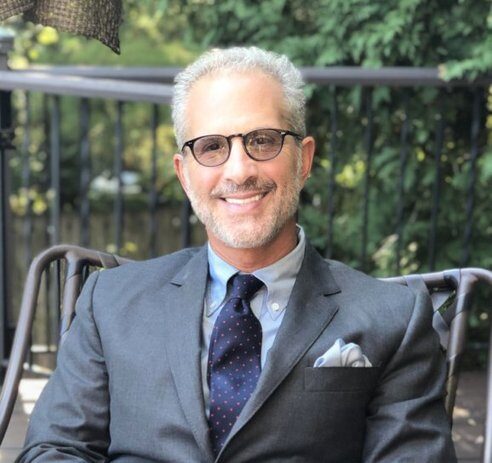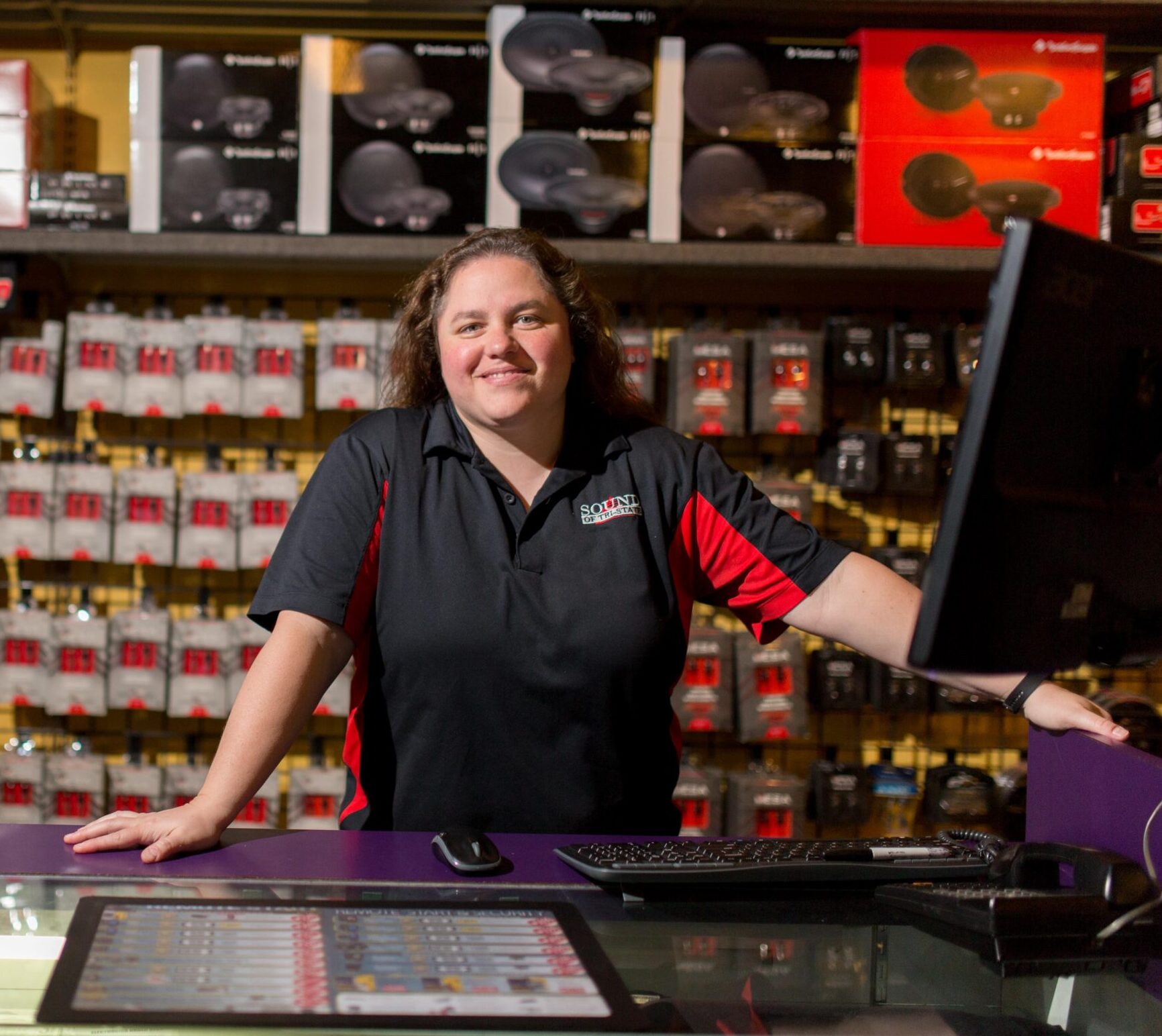Our trainee course program has come to an end and we have already had time to congratulate our graduates on completing their studies and passing their exams.So, we would like to share with you the impressions and thoughts of our mentors about the course.
Mykhailo Velykyi, Senior SFCC developer.
In general, the course left positive impressions. The students very actively discussed all the questions independently, I think that we were just very lucky with the group, because when I went to some courses, we always asked all the questions on the calls and sometimes it took a very long time.We managed to avoid this by telling the whole group at the beginning of the course that discussion of issues in the chat and activity are encouraged.

In the process, sometimes there were difficult moments with the time of checking tasks, there was simply not enough time and instead of 1-2 days it took 3-4 days to test and write feedback to everyone.The first tasks were for “rewriting the code from the video”, but when such tasks ended and began to be very similar to real projects, comments and personal calls with students began to pour in to explain what was what.I believe that by the next time we will be more prepared, namely:
- There are already tasks that are based on the example of real tasks from projects.
- We have an understanding regarding the time of inspection, explanation of the material (although we did not have many calls with theory, but still sometimes it was necessary to “voice” explain what and how to do).
- We didn’t know the answers to some of the questions asked by the students, which is a big plus, in my opinion, because we wrote them down and then went through them carefully so that in the future we could answer them immediately.
- We remembered which topics have more errors in the code. We had a chart showing which tasks the students did well and where the majority made mistakes.
I am very glad to be a part of this small project. I want to thank everyone who was involved in it.
Volodymyr Medyanovskyi, Middle SFCC developer.
Course development:The first team meeting was dedicated to the upcoming SFCC course and ended with a clear understanding that the entire theoretical part of the course would have to be prepared, as native English speakers say “from scratch”.This was due to the fact that previously the educational process was structured somewhat differently – mentors had to conduct explanatory work online on certain theoretical aspects.But this time, a decision was made to create something like a holistic help, which on the one hand would somewhat relieve and simplify the work of mentors, and on the other – would have a clear structure and cover a sufficient number of topics for the further start of work.

I set myself a slightly more ambitious task – to create a semi-automated educational platform on the domain of the Sperotek company, where course participants were met by a modern, intuitive interface with all the elements related to the learning process. And it would be good if the process of securing completed materials would be supplemented with tests, and certificates of successful completion of the program would be generated automatically based on the data entered by the user during registration.The goal is clear. But! If the technical part of the task was more or less clear and the algorithm of further actions was familiar to me from the experience of creating similar platforms in the past. So I had to fiddle a lot with the content and structuring of the course.The words of our dear guru Sashko Kozachenko kept ringing in my head: “SFCC is a black box.” Or it could be a black box, I can’t remember for sure now. But the bottom line was that any third-party educational materials, expressive blogs with a clear description of SFCC topics, video channels that would describe a clear step-by-step plan for entering the industry or give comprehensive comments on all aspects of Commerce Cloud – all of this if not completely non-existent, then there was an extremely limited amount of, usually quite scattered, information.By the way, this is one of the most important first moments when a person who makes a decision about choosing a particular direction in backend development begins to think about whether he should go, for example, to SFDC, because there is incomparably more information there, and and simply our favorite trailhead can provide absolutely all the tools for high-quality training and preparation for future work.In the end, I had to cope with the difficulties at this stage, somehow, somewhere, finding materials drop by drop and composing them into the same form of a consistent presentation.I would be lying if I said that I managed to fully create the material that I had originally planned. Or maybe, just in my thoughts there was an overly perfectionist picture of what should come out as a result. I do not know. In any case, we had gathered a theoretical base, under which the practical tasks that my dear mentoring partner Mykhailo Velykyi had prepared separately. As a result, it seemed to us that this was enough for the first launch of the course in its updated format.
Educational process:At every stage of creating this course, we were lucky. And this ultimately led to a fairly smooth and painless debut.At first, the luck concerned the materials – some kind of miracle was the information that needed to be presented in the next section. Well, the most important gift was our group of students. Thanks to their thoughtfulness, activity and communication, we could very quickly receive the feedback we needed, and right in the process, on the fly, change some things, adjust something, or reconfigure somewhere.A separate plus is that thanks to the joint chat with constant discussions of the participants, we recorded a large amount of information, the collection of which will allow us to close all the white spots in the future, not only in the knowledge of the mentors themselves but also to make a more flexible and probably a little more extensive educational program. It is necessary to admit questions about organizational, administrative, technical and other areas from listeners.
Conclusion:I wouldn’t want to praise our first start, but it was certainly more than just MVP. However, the following remains absolutely clear to me personally:
- If we want to do the best, we need to collect information and record our own course, not relying on third-party materials.
- You should not rely on the fact that each group will show the same amazing activity as the debutants, and therefore most of the weak points in the course program should be covered first, and all the necessary nuances should be fully communicated to the participants.
We are grateful for the painstaking work of our mentors, who made incredible efforts to create a structured and balanced training material for our trainees, and of course we thank our trainees for their conscientious and diligent training.
#Speroteck Dream Team





